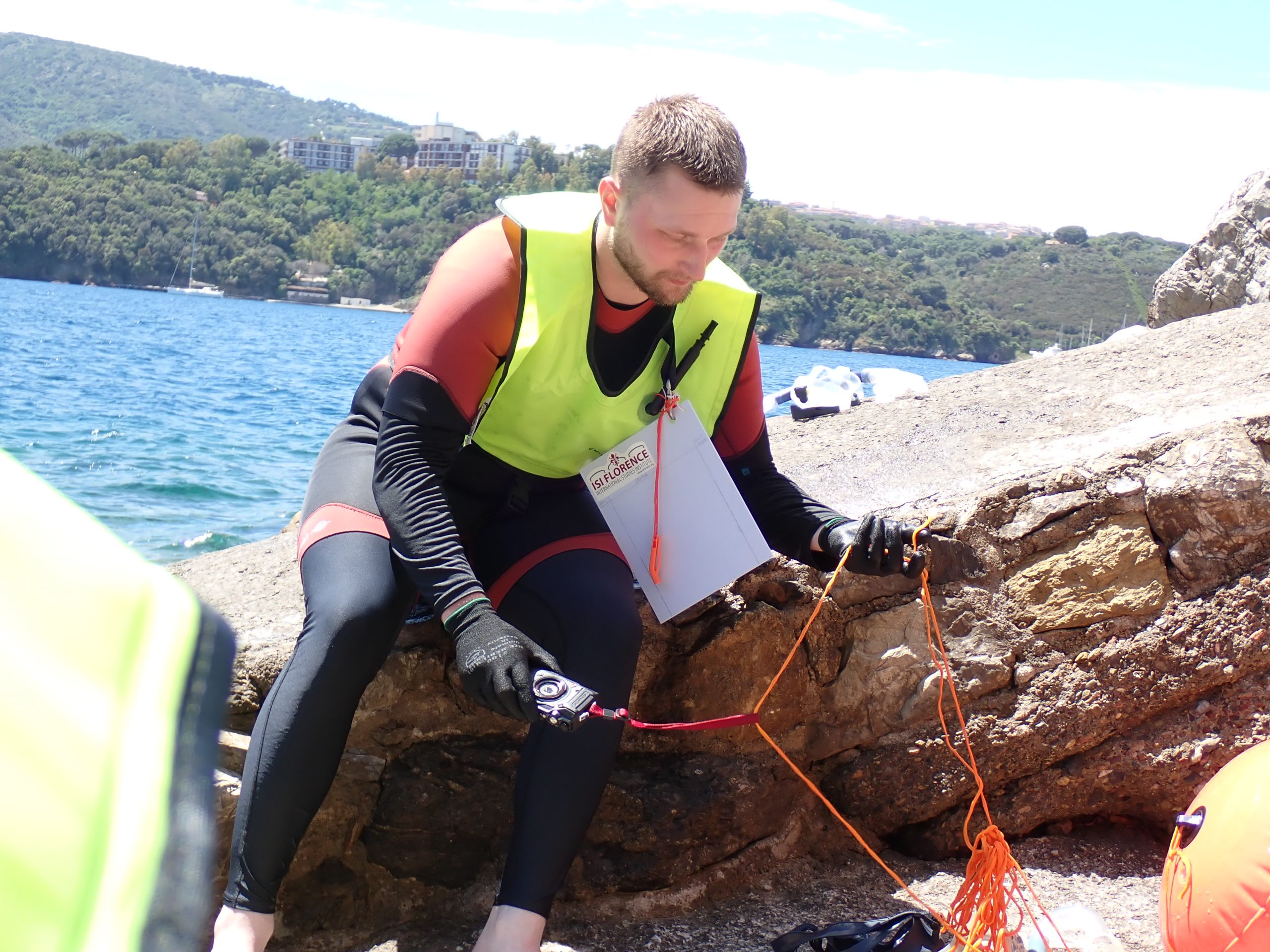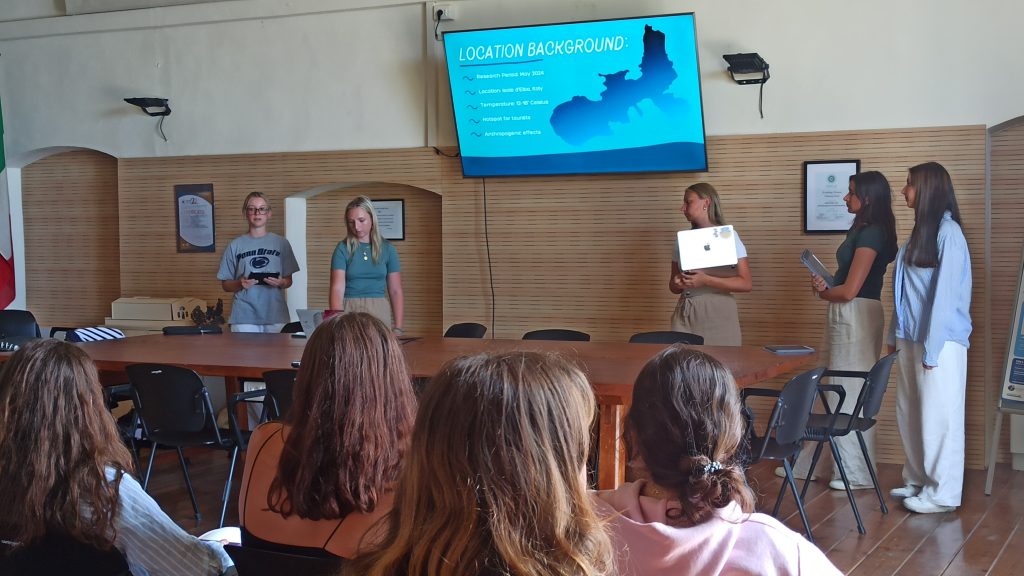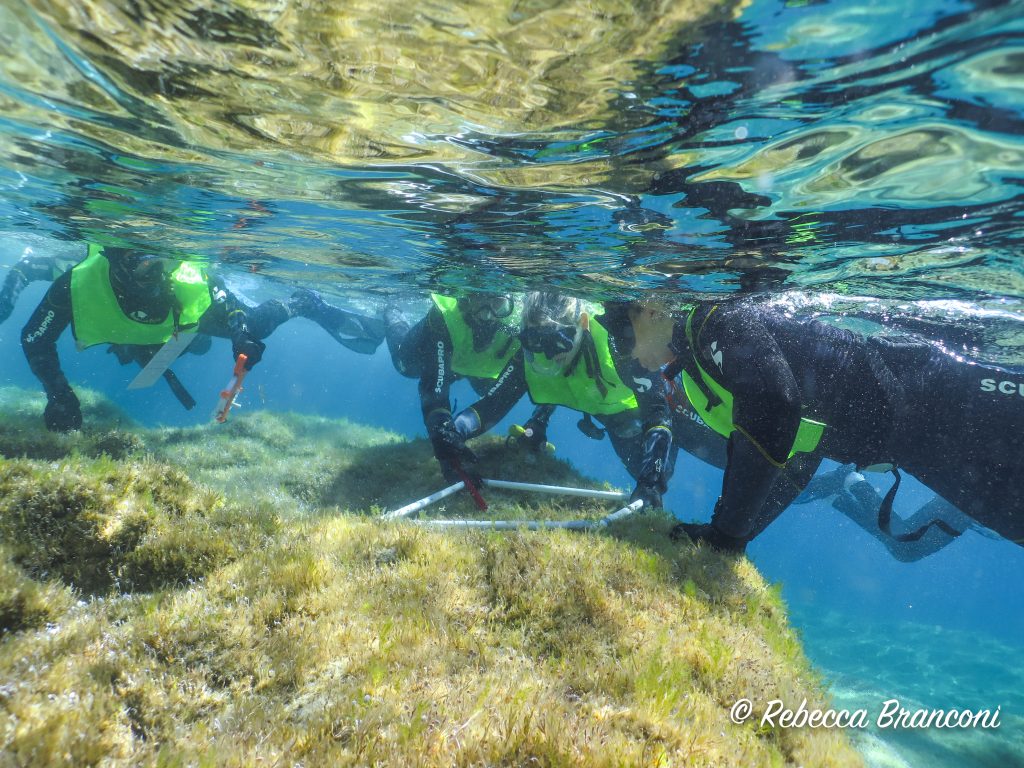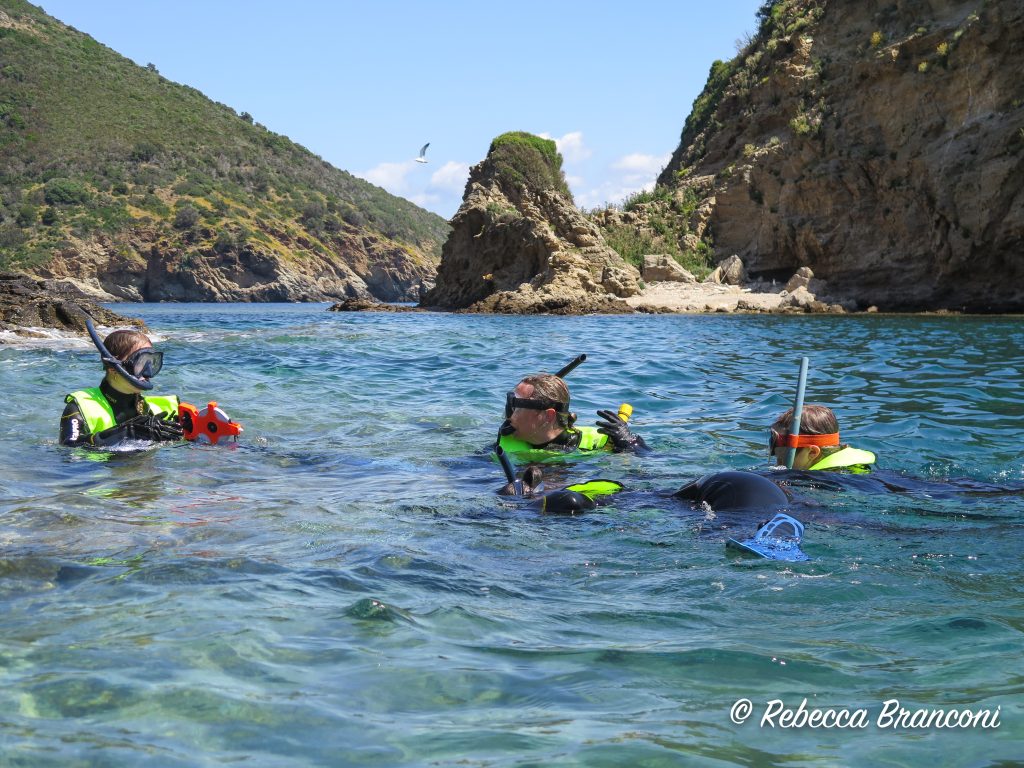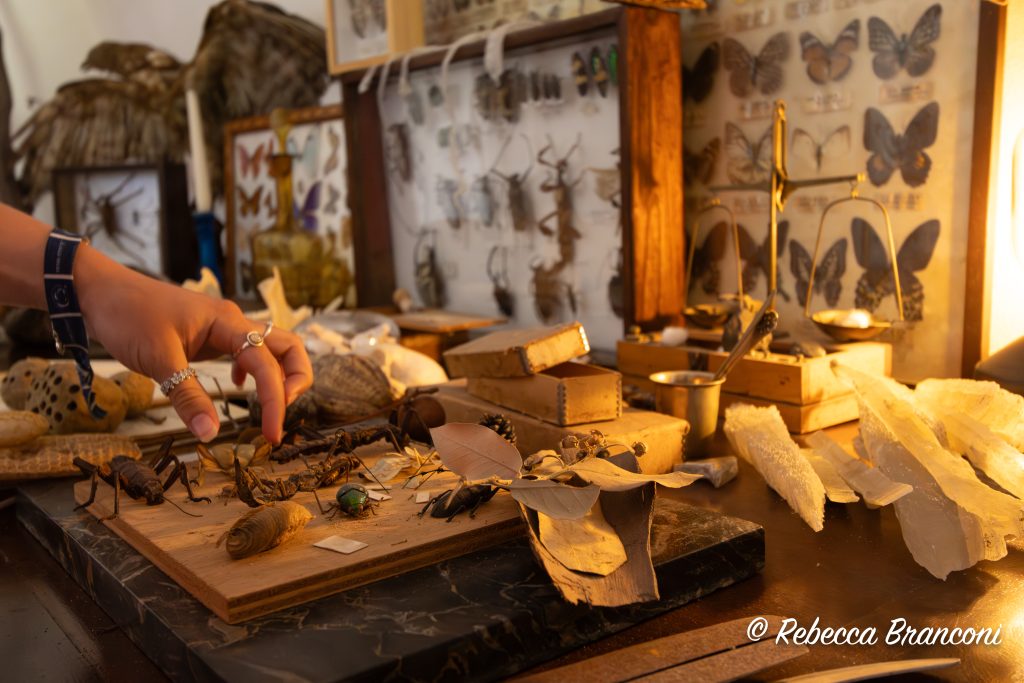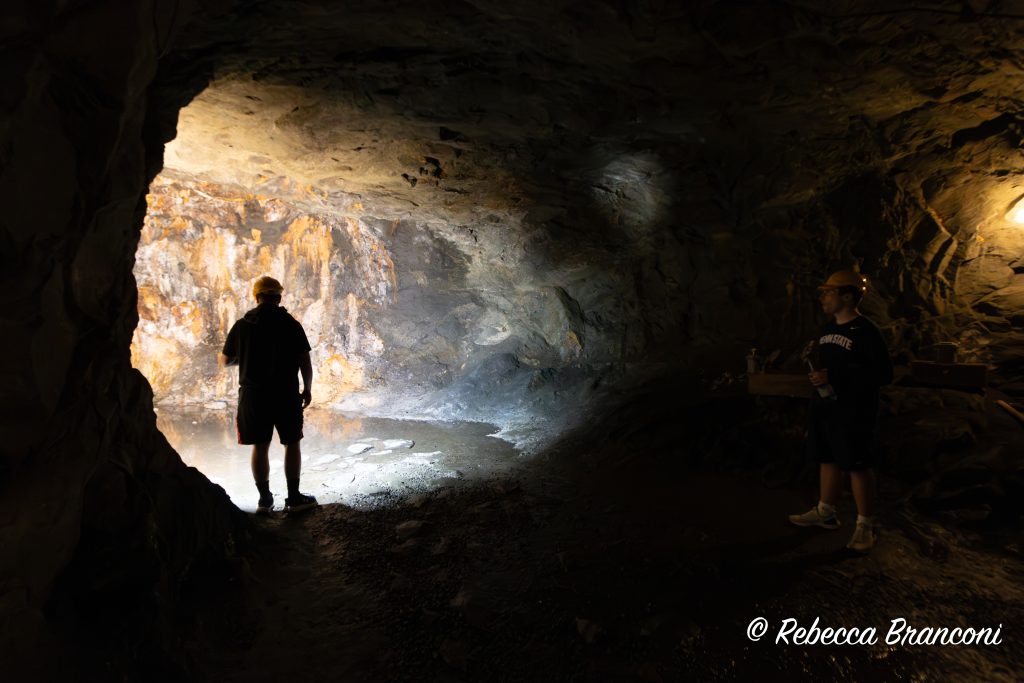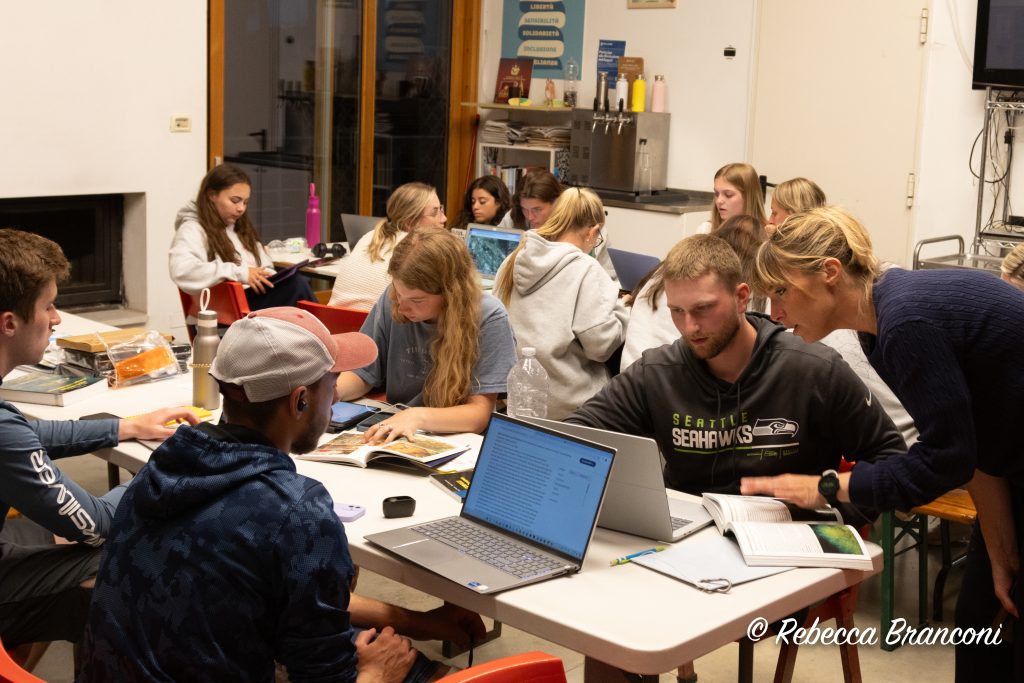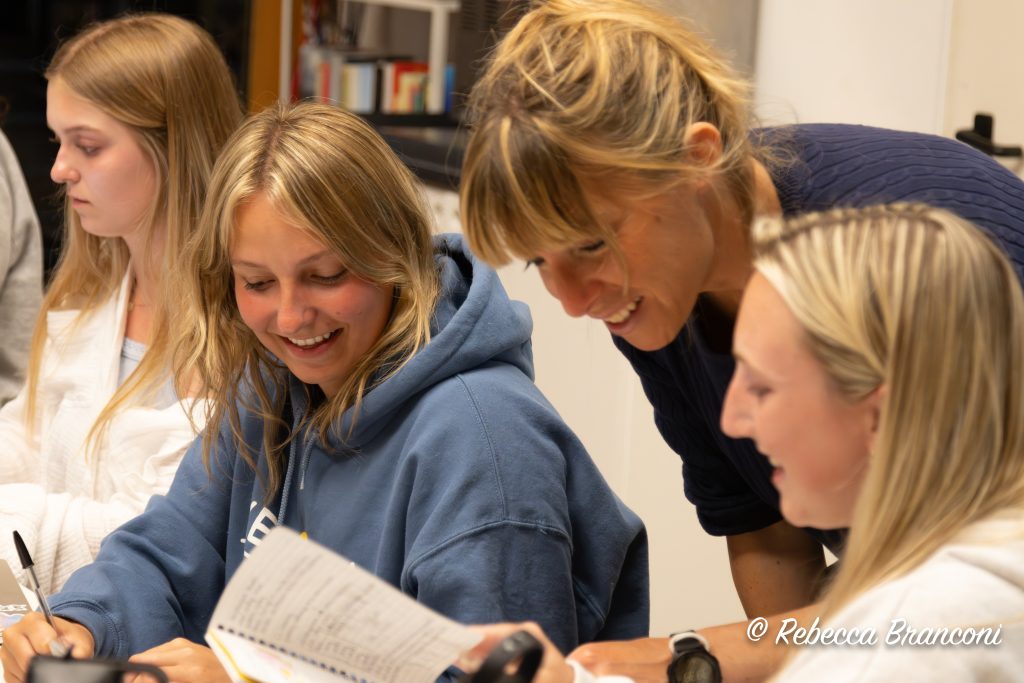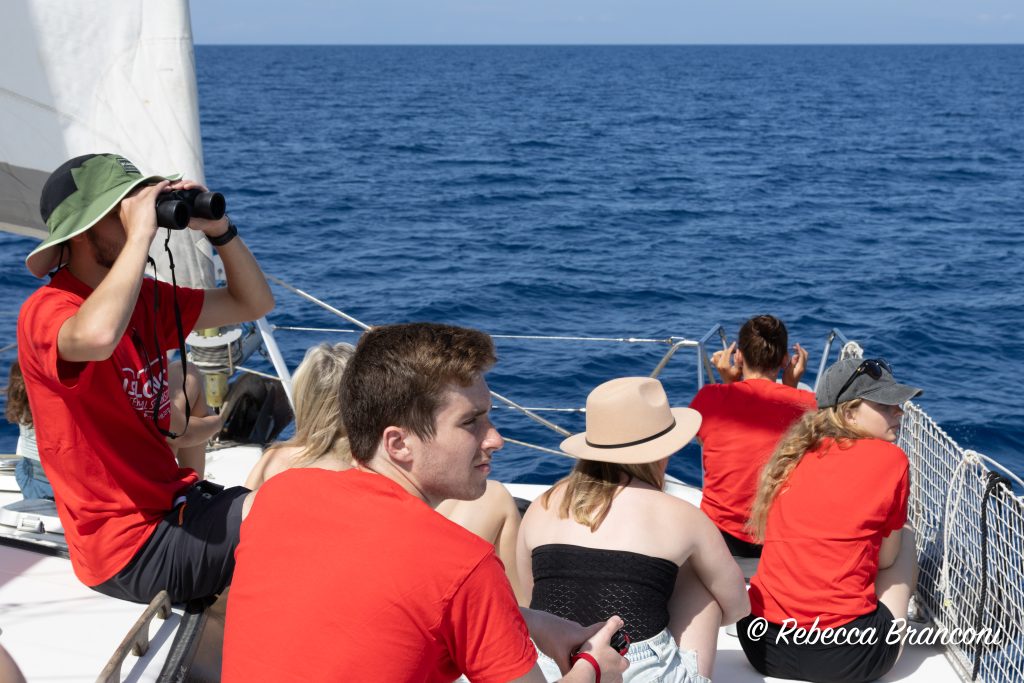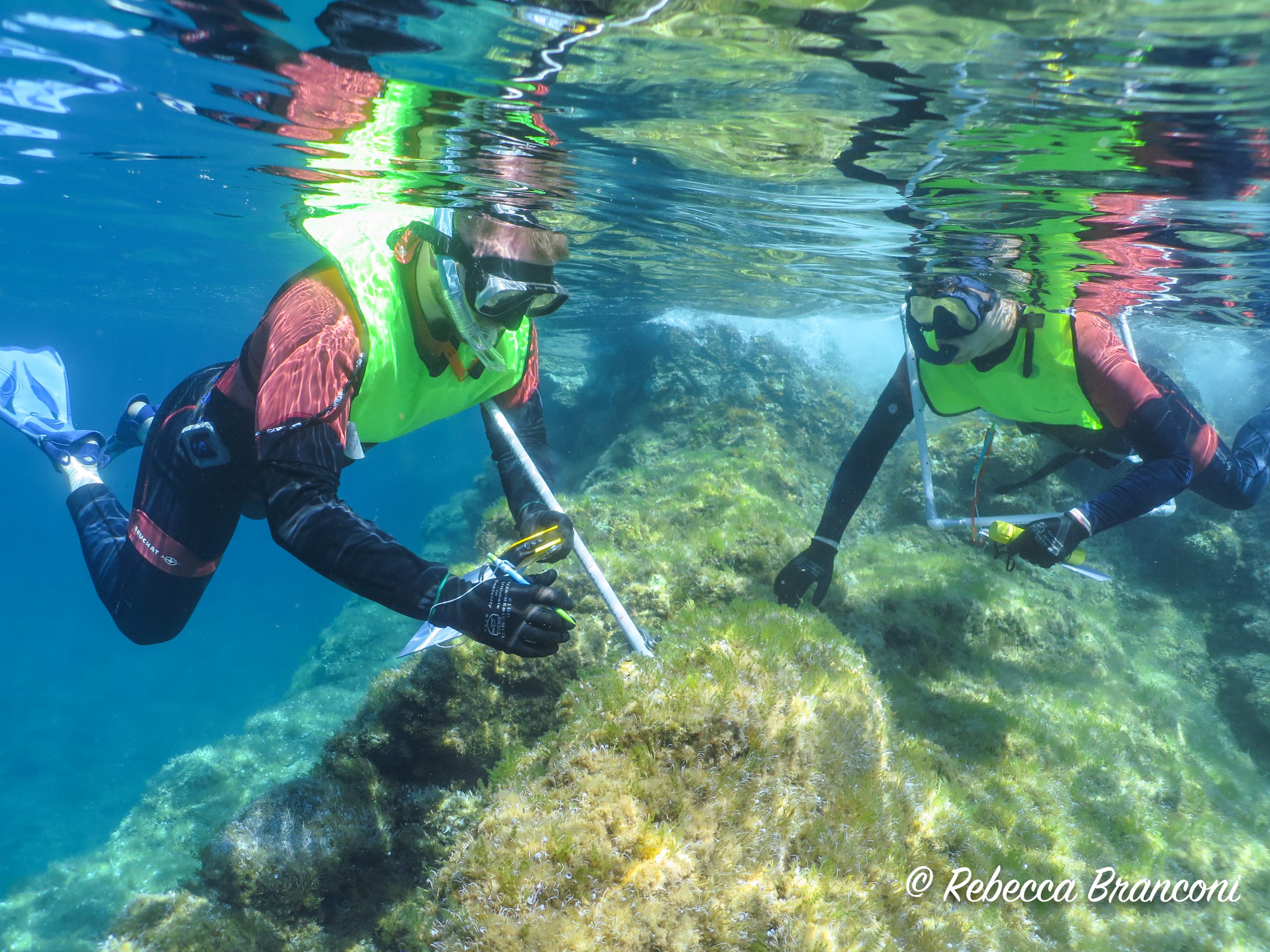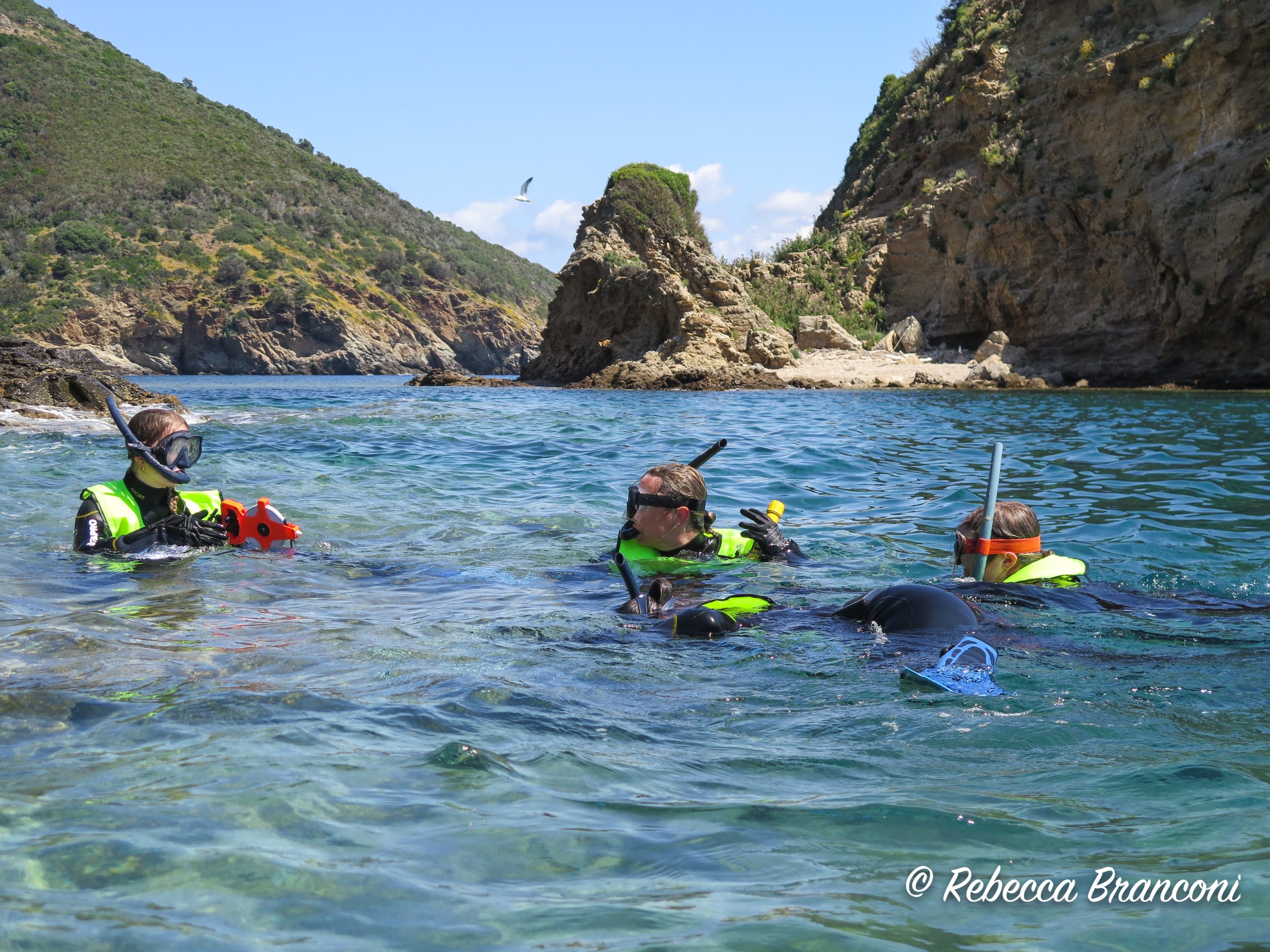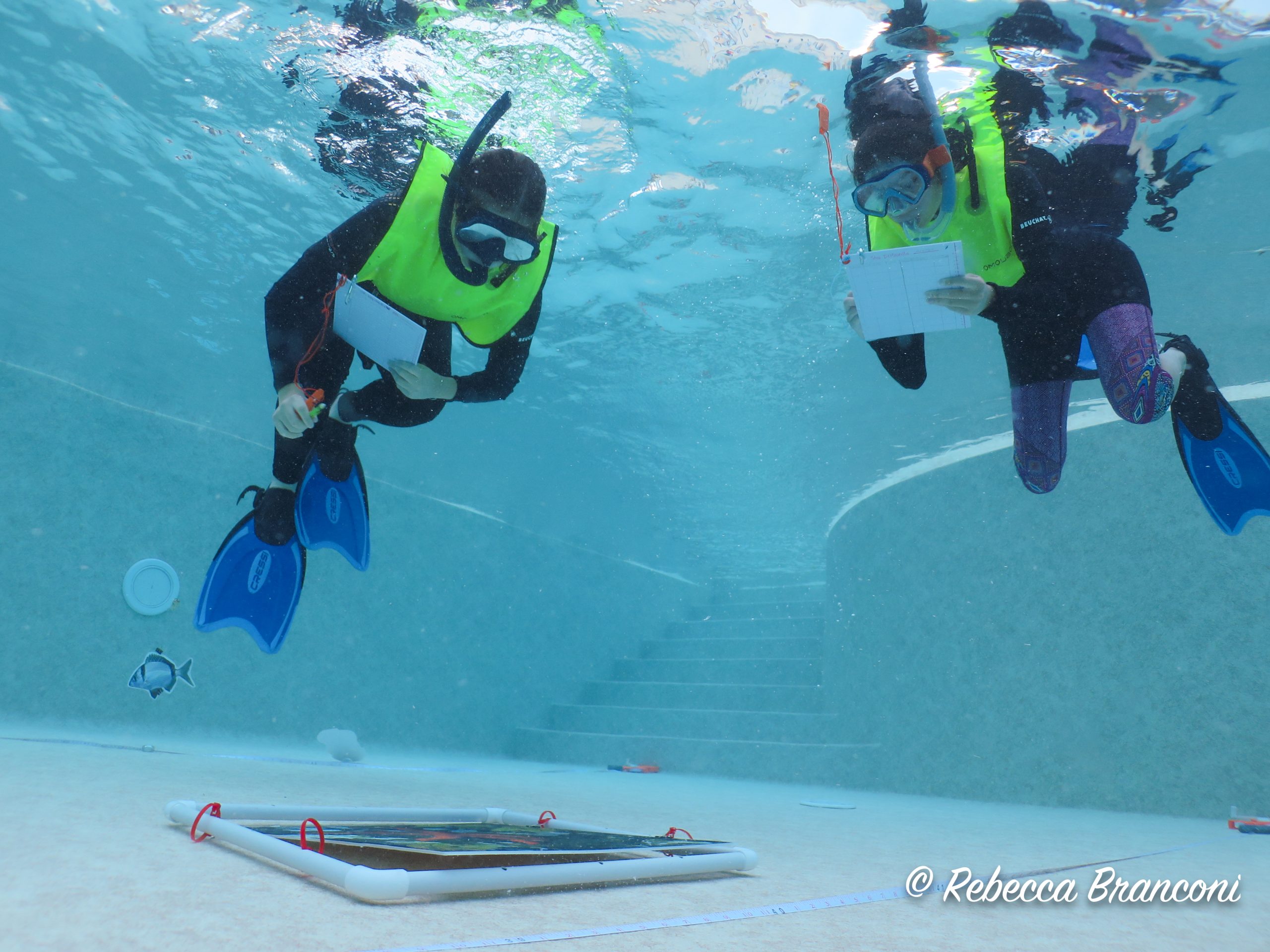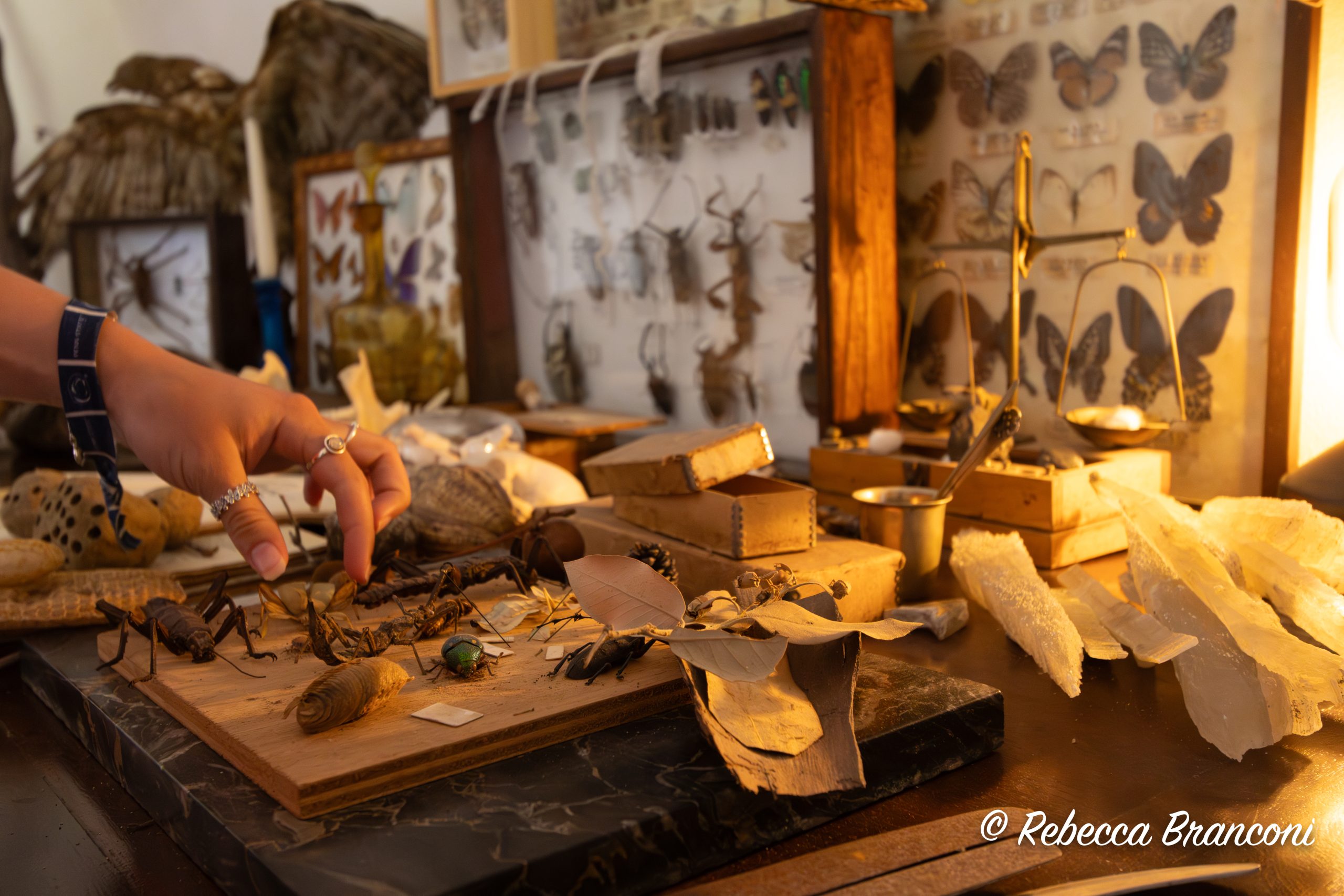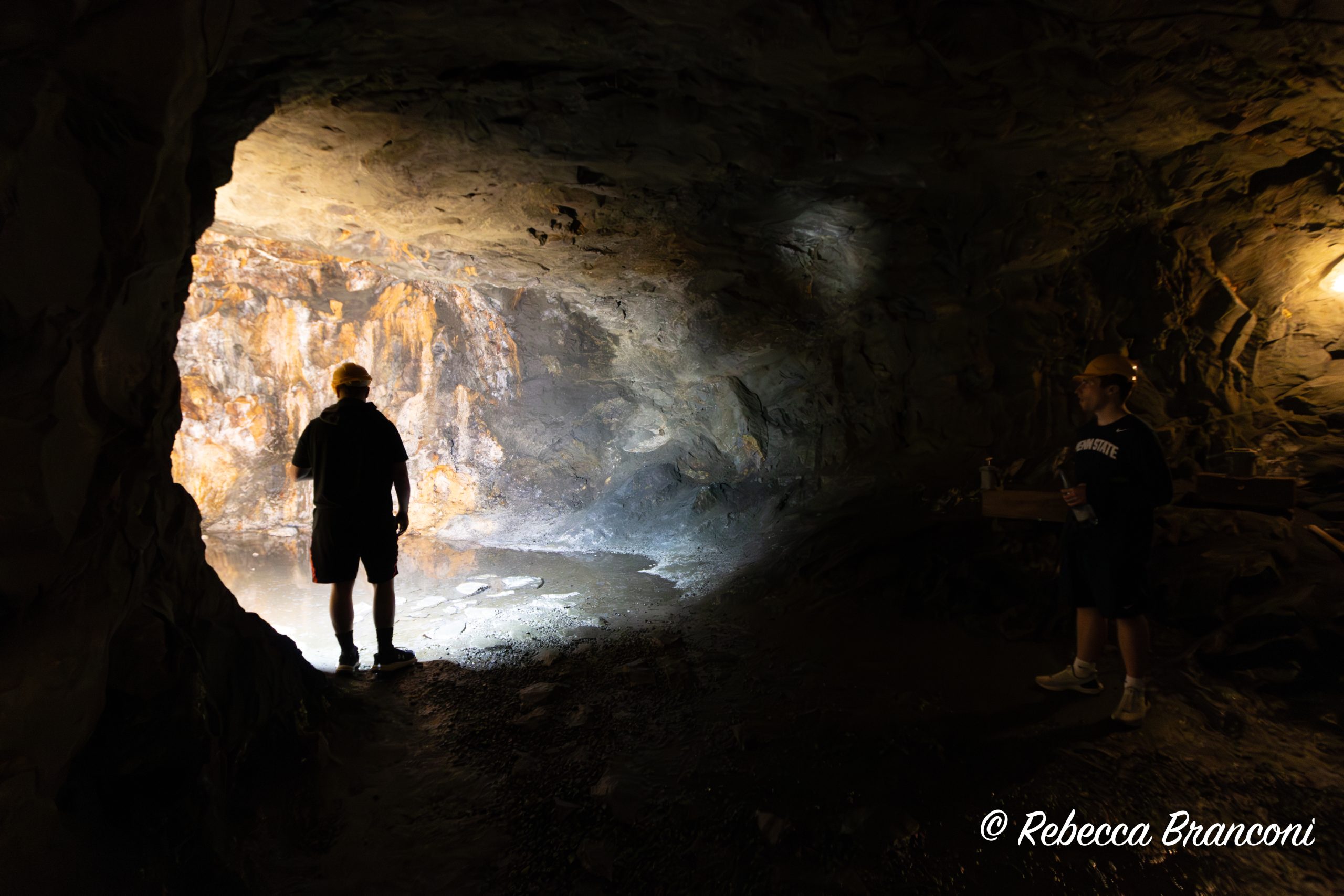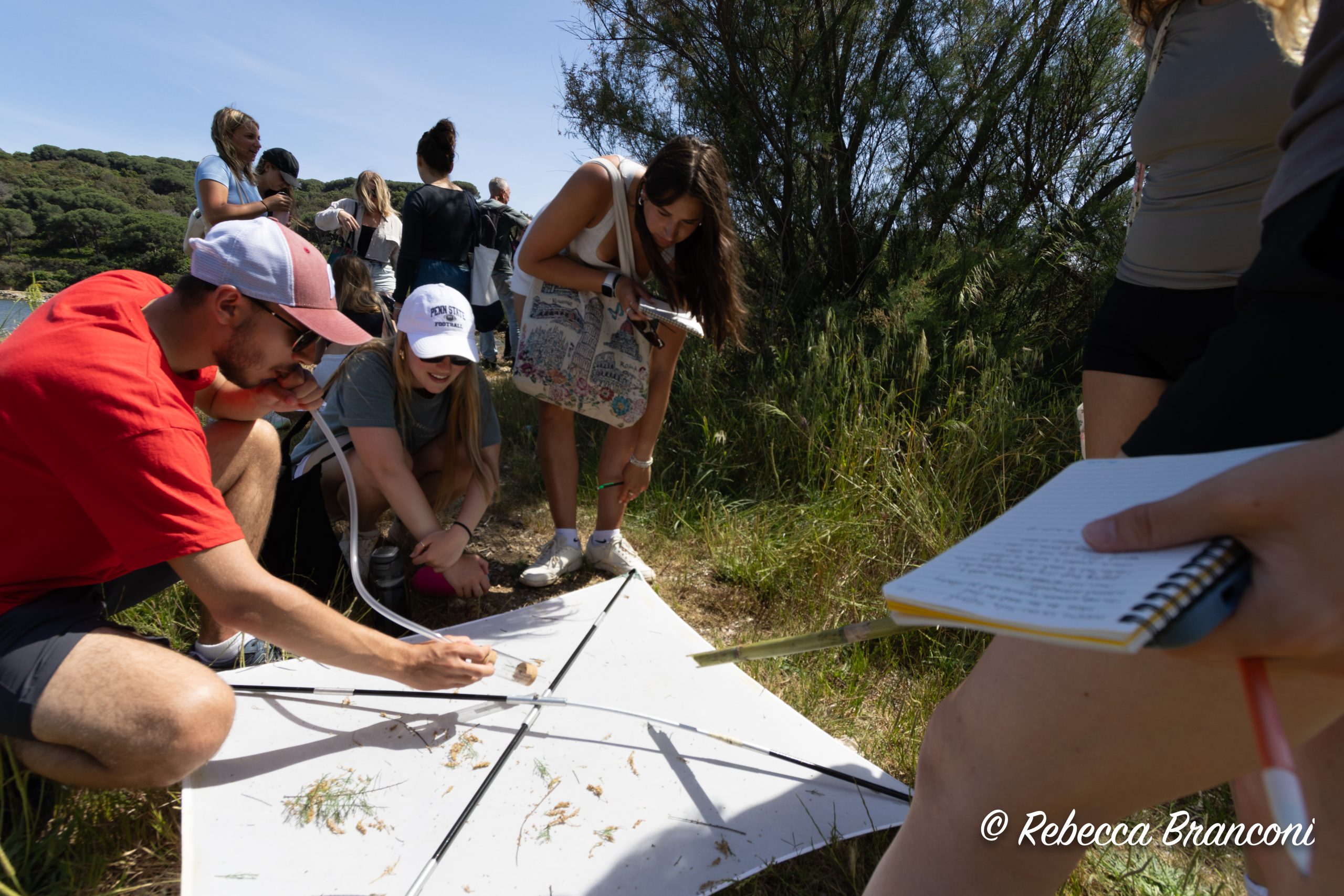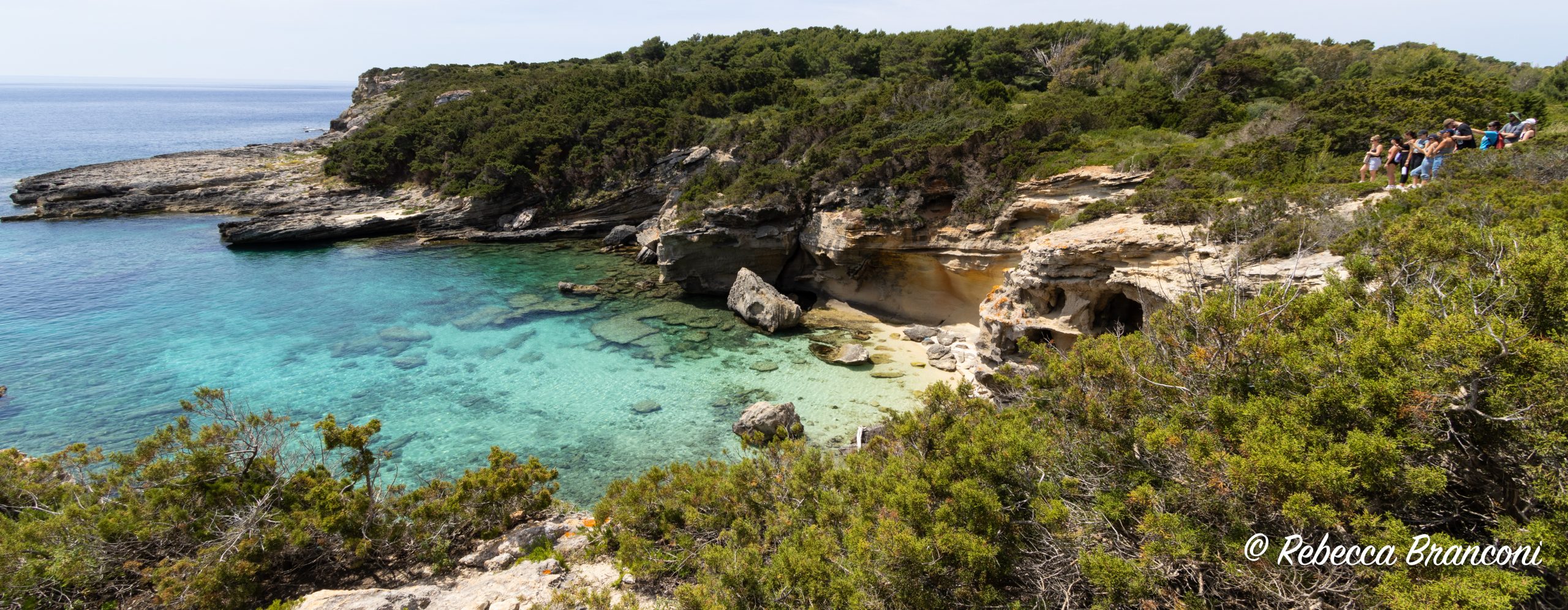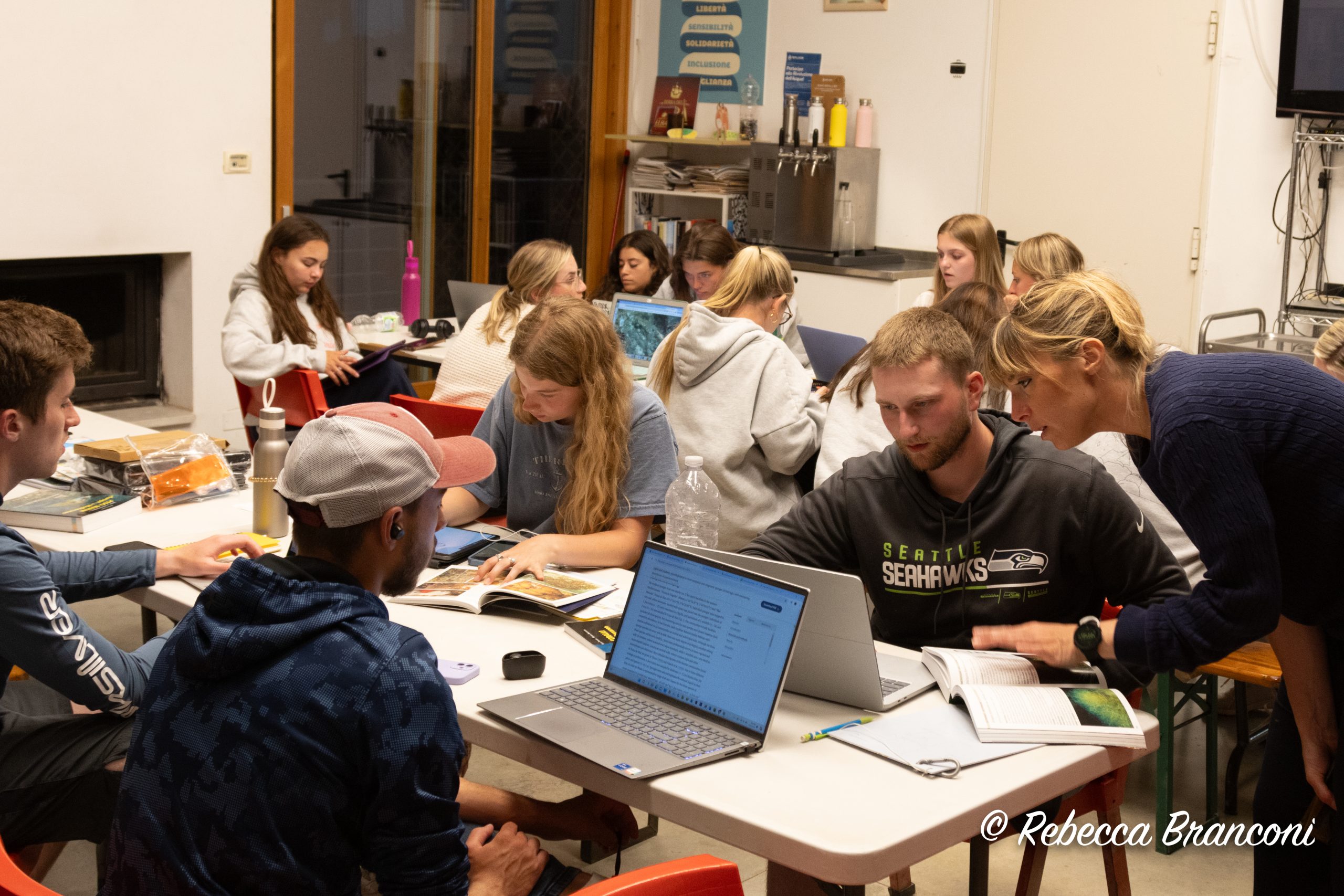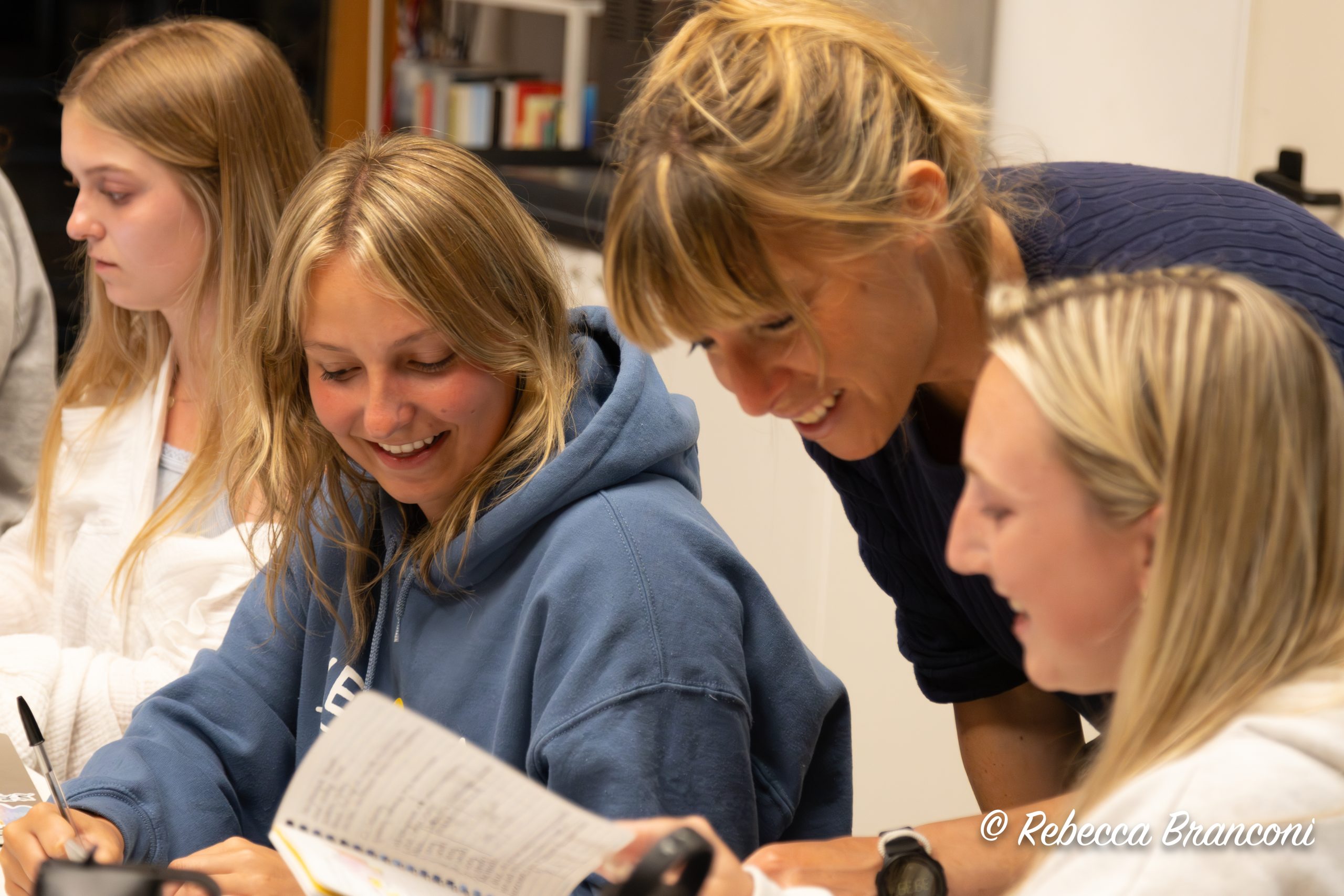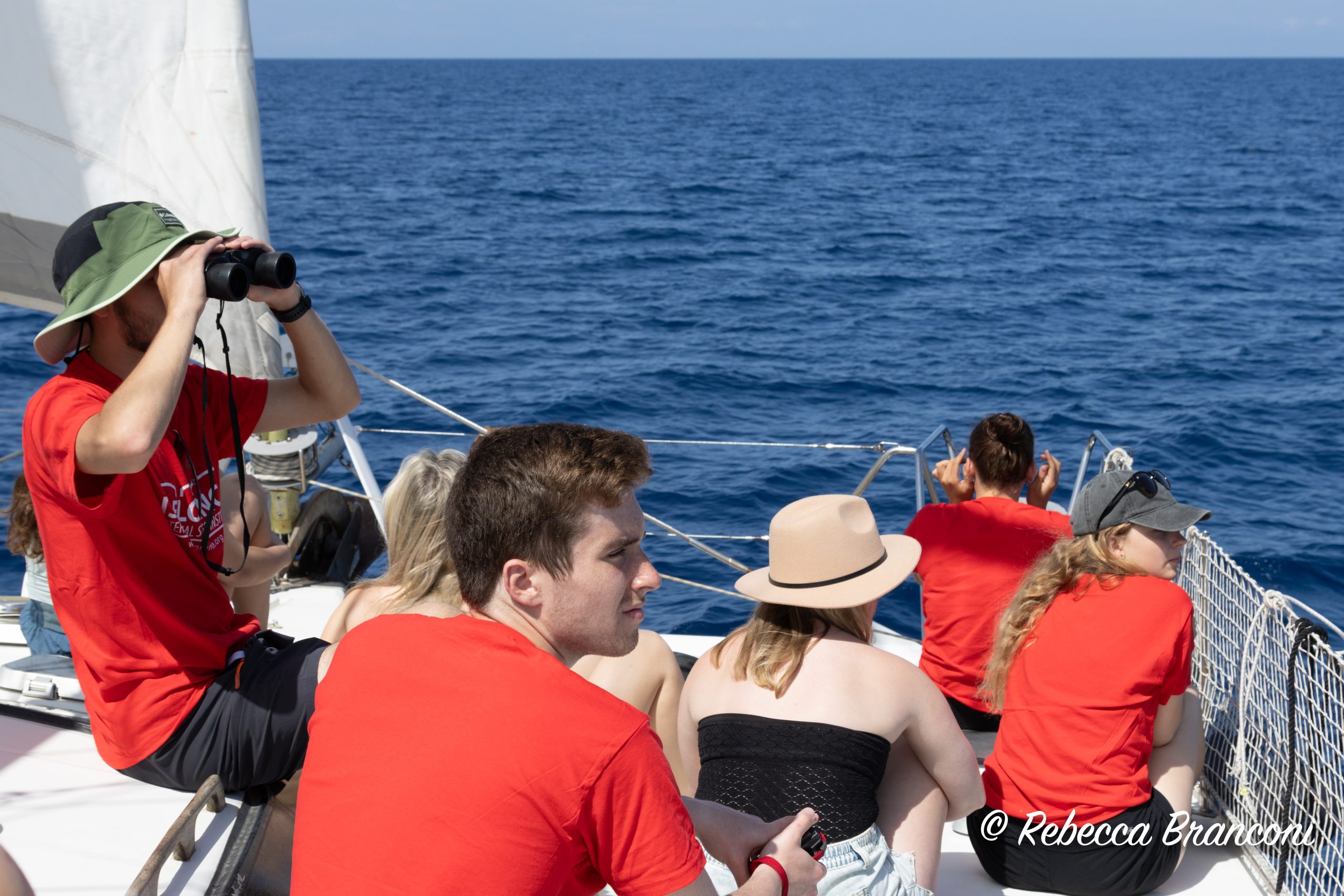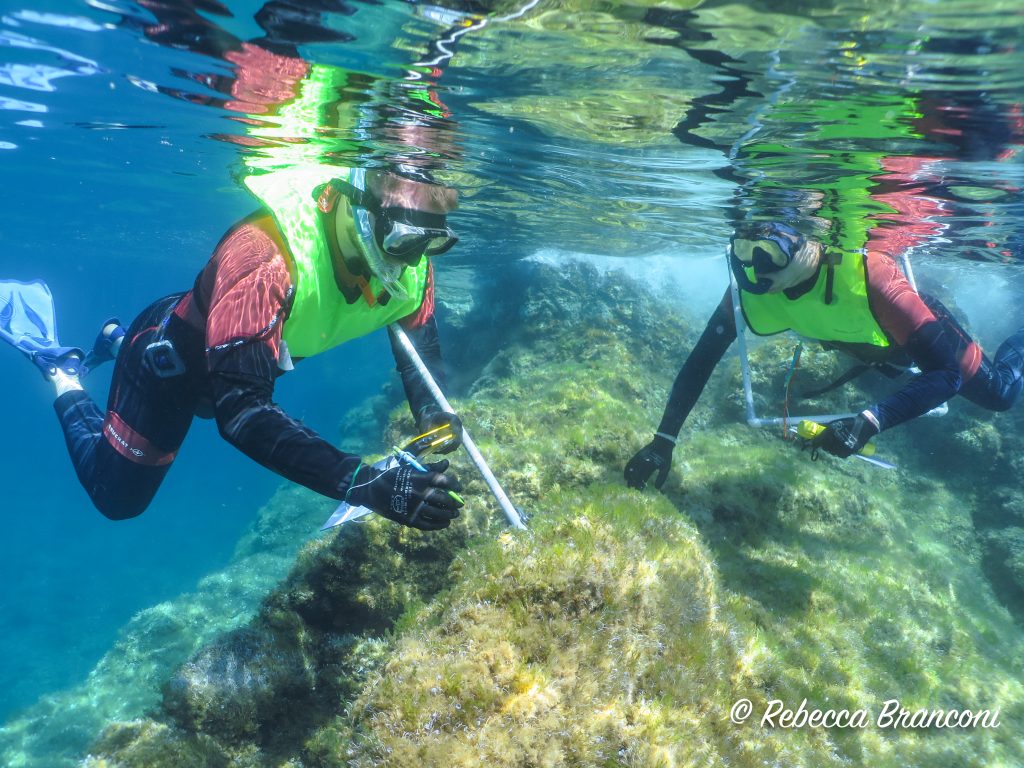
Meet Patrick Conboy, a dedicated Penn State student whose passion for wildlife biology took an exciting turn through his participation in the Environmental Marine Biology & Sustainability study abroad program.
Despite not being a marine biology major, Patrick’s interest in the field began in high school. The program, which perfectly aligned with his personal and professional goals, offered him firsthand fieldwork experience, essential for his future career.
A Deep Dive into Fieldwork
Patrick’s journey was marked by extensive hands-on learning, something he eagerly embraced.
He highlighted the intricacies of scheduling research, data collection, and analysis. One of the most challenging yet rewarding tasks was species identification. With the guidance of Professor Rebecca Branconi – ISI Florence faculty and Academic Affiliate of Biology at Penn State, who conceived and designed the course – he sharpened his skills in correctly identifying various species.
Why This Program?
The decision to enroll in this particular study abroad program was driven by Patrick’s desire to focus on fieldwork under the guidance of an experienced researcher. He found immense value in the opportunity to develop research questions, adapt methodologies, and conduct comprehensive field studies. “My greatest fear was knowing what to study. Doing this outside the classroom, where the professor sets up the experiment and research, was fantastic,” Patrick remarked, expressing his gratitude towards Penn State, ISI Florence, and Prof. Branconi for this unique opportunity.
Transformative Experience
Reflecting on the program’s impact, Patrick noted a shift in his academic aspirations. “Before this program, I didn’t want to pursue higher education. However, after talking to Prof. Branconi and experiencing this course, my perspective has changed. It has opened my eyes to what being a field researcher involves and has inspired me to consider higher education and a career as a terrestrial field researcher.”
Patrick Conboy’s story is a testament to how immersive fieldwork and expert guidance can ignite a passion for research and higher education, transforming academic and career paths. His journey underscores the value of experiential learning in shaping the wildlife biologists of tomorrow.
The Environmental Marine Biology & Sustainability program is a three-week, full-immersion course based in Florence and the Tuscan Archipelago in Italy. Combining lectures and fieldwork to explore the impact of human activity on marine ecosystems, the program particularly focuses on the physiology, behavior, and ecology of Mediterranean Sea organisms. Direct access to key ecosystems, research facilities, and areas of special interest in the Mediterranean Sea make this opportunity especially unique, and Italy a particularly advantageous destination for Marine Biology in the summer.

